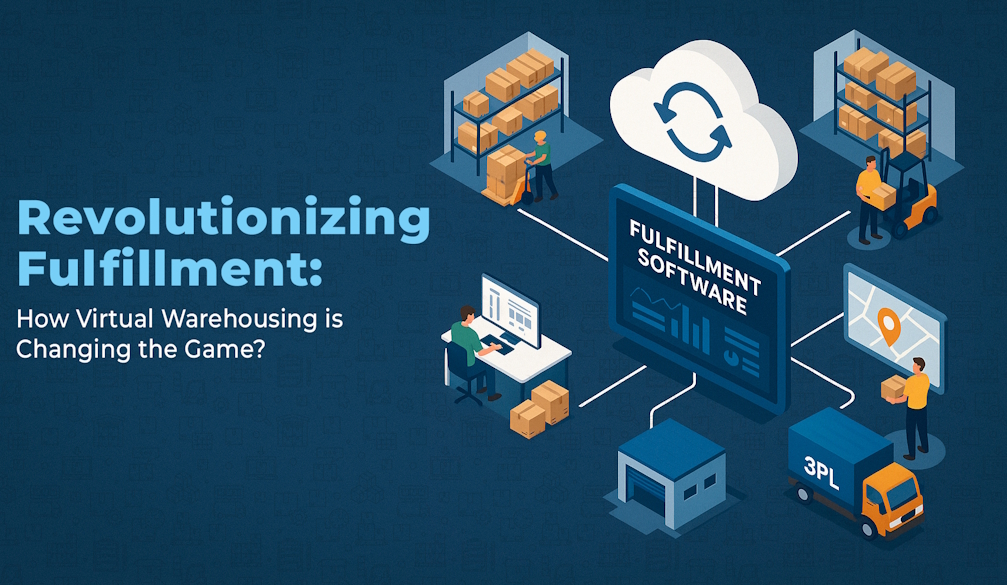Invoice Verification And Due Diligence: Examining The Processes Involved
- Written by Business Daily Media

Maintaining accurate and up-to-date invoices is crucial for businesses of all sizes, particularly for larger companies juggling numerous vendors and suppliers. Accurate or complete invoices can delay payments, disputes and strain business relationships. To ensure accuracy and reliability, businesses must prioritise robust invoice verification and due diligence processes. This blog post explores the essential processes involved in invoice verification and due diligence, providing insights into the best practices and strategies that businesses can implement. By effectively understanding and implementing these processes, companies can streamline their financial operations, enhance payment accuracy, and maintain strong partnerships with vendors and suppliers.
Understanding Invoice Verification
Invoice verification is a process used by businesses to check the accuracy of an invoice before it is paid in the invoice finance procedure. This process ensures that all information on the invoice matches the agreed-upon between the vendor or supplier and the business. This includes verifying that all items listed on the invoice are correct and that discounts or other special terms have been applied correctly during the purchase process. Companies may also use this process to confirm that payment terms have been met before issuing payment for an invoice.
Understanding Due Diligence
Due diligence is a more comprehensive process than invoice verification. It involves examining all aspects of a transaction to determine if it meets specific criteria or standards set by the business or industry regulations. This includes reviewing financial statements, contracts, legal documents, customer feedback surveys, etc., to assess whether a transaction should be approved. Additionally, due diligence can involve conducting background checks on vendors or suppliers to ensure they meet specific business or industry regulations requirements before entering into agreements with them.
Benefits of Invoice Verification & Due Diligence
The primary benefit of both processes is increased accuracy when managing invoices and transactions with vendors and suppliers. By verifying invoices before payment is issued, businesses can reduce errors that could lead to costly mistakes, such as overpayment for goods/services received or incorrect prices being made out altogether due to incorrect information on an invoice (e.g., wrong address). Additionally, conducting due diligence before entering into any agreements with vendors/suppliers helps protect businesses from potential frauds/scams, which could result in significant losses if undetected early enough during negotiations/contracting stages with third parties involved in transactions with them (e.g., banks).
How Can Businesses Implement These Processes?
For these processes to be effective within a business environment, there need to be clear policies outlining how each should be conducted within their organisation, along with appropriate training. Hence, employees understand what’s expected from them when carrying out either one of these tasks (invoice verification & due diligence). Additionally, having systems/software tools that automate some parts of these processes can help streamline operations while reducing manual labour costs associated with manually checking every item listed on an invoice before its approval & payment issuance stage (e.g., automated OCR software tools). Finally, having internal audit teams who periodically review results obtained from both processes can help identify improvement areas. This is done to prevent the occurrence of errors in the future. Thus, helping maintain high levels of accuracy when dealing with third parties involved in transactions carried out by organisations using invoice verification & due diligence.
Invoice verification and due diligence are essential steps for any business looking to maintain accurate records when dealing with vendors/suppliers while protecting themselves against potential frauds/scams at the same time. By implementing clear policies outlining how each should be conducted and providing appropriate training, employees understand what’s expected from them when carrying out either one of these tasks. Organisations can rest assured knowing they’re taking necessary steps towards achieving higher levels of accuracy. At the same time, organisations can minimise risks associated with fraudulent activities carried out by third parties involved in transactions carried along with them.










